Labour leader Sir Keir Starmer and Prime Minister Rishi Sunak are set to participate in head-to-head televised election debates, sidelining smaller parties, much to the smaller parties’ annoyance. Here’s the full story.
Televised Debates
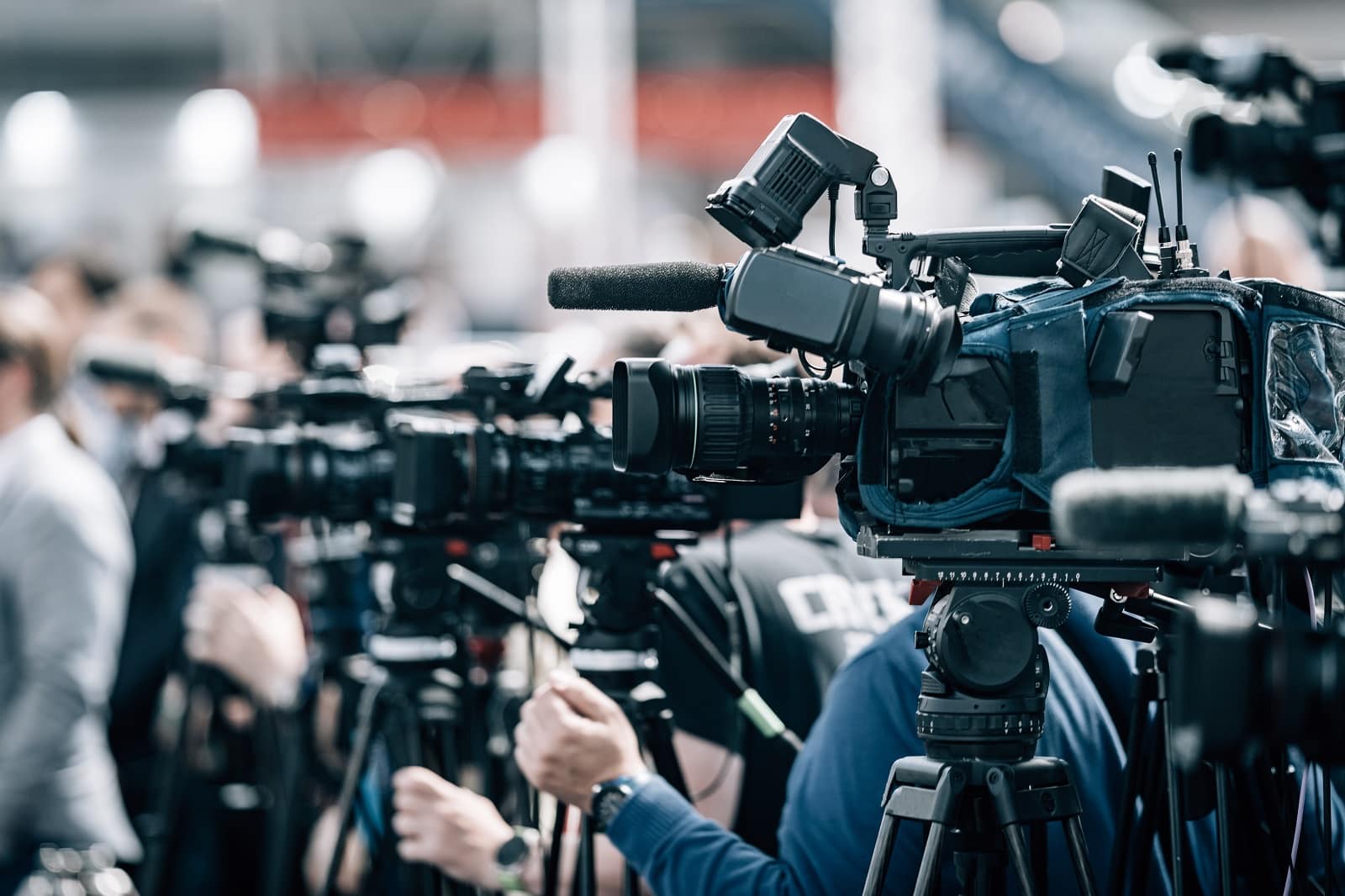
As the election draws closer, the stage is set for a series of high-profile televised election debates, with Labour leader Keir Starmer and Prime Minister Rishi Sunak preparing to go head-to-head.
Head to Head

The two major parties will participate in head-to-head debates broadcast by the BBC and ITV, focusing the spotlight on the two leading contenders for Number 10.
Singular Focus
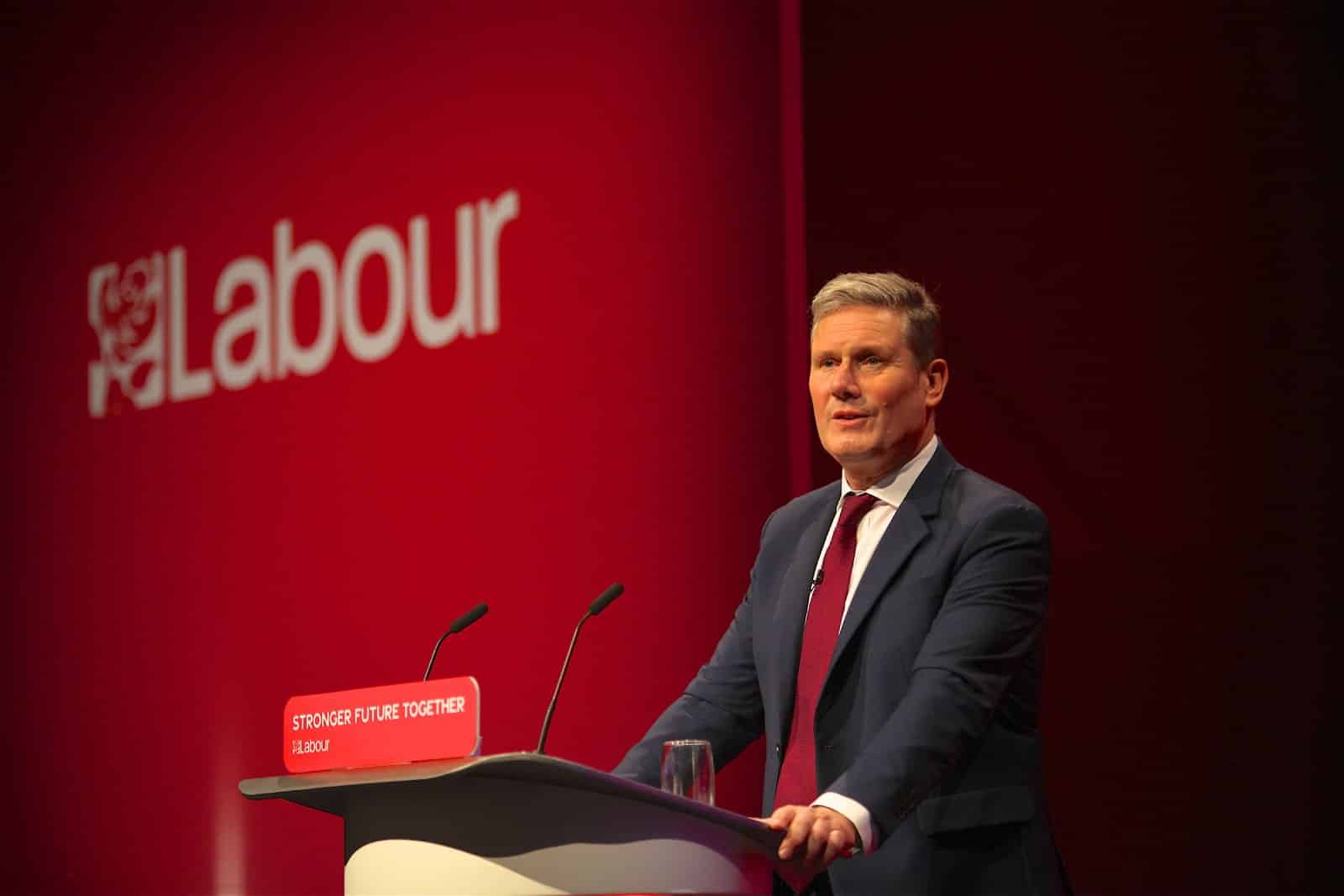
However, this singular focus on the two main parties has angered many in the smaller parties, who fear being sidelined from the national election conversation.
Only Two Leaders
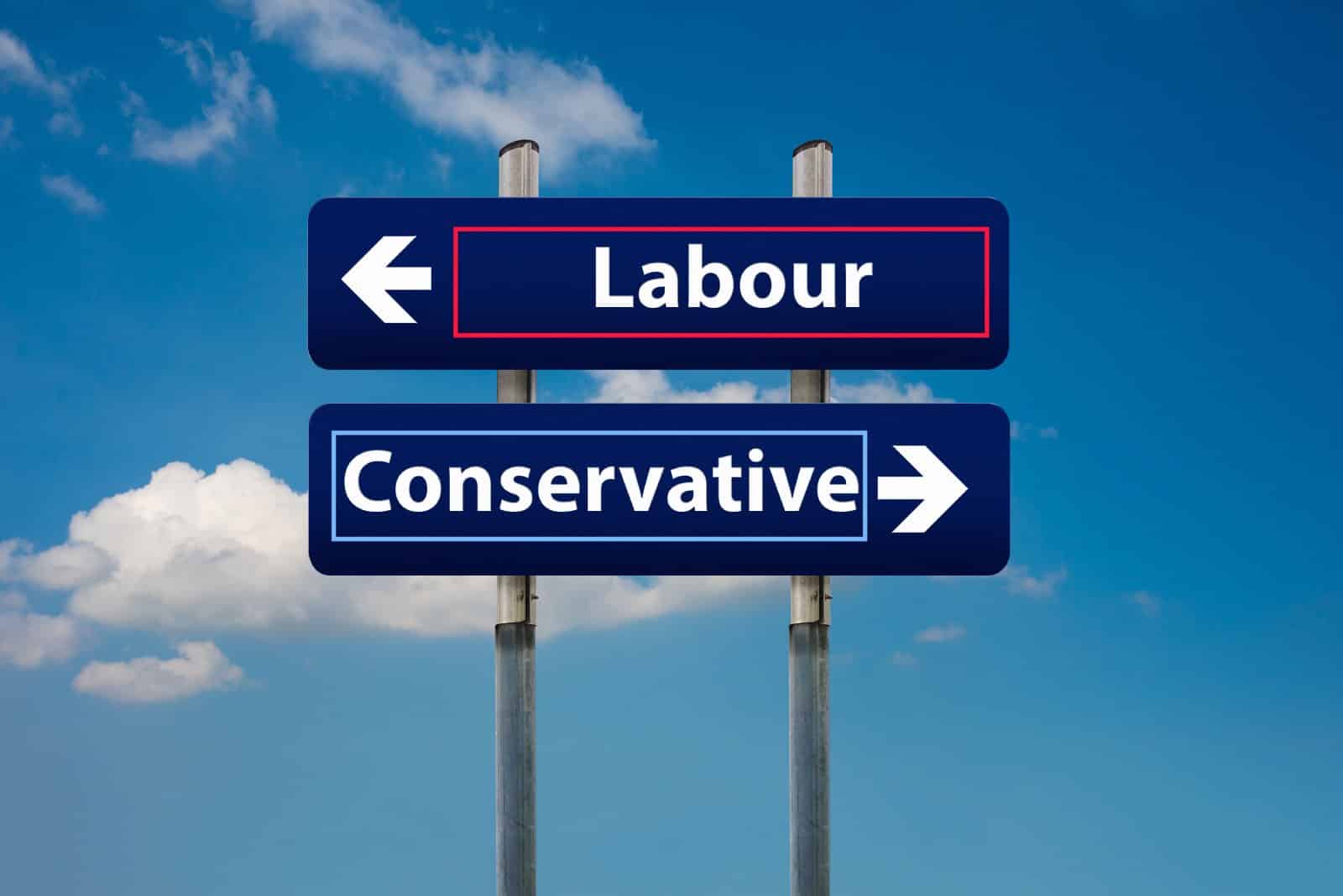
ITV has confirmed plans for a debate featuring only the leaders of the Labour and Conservative parties.
Labour vs Conservative Preference
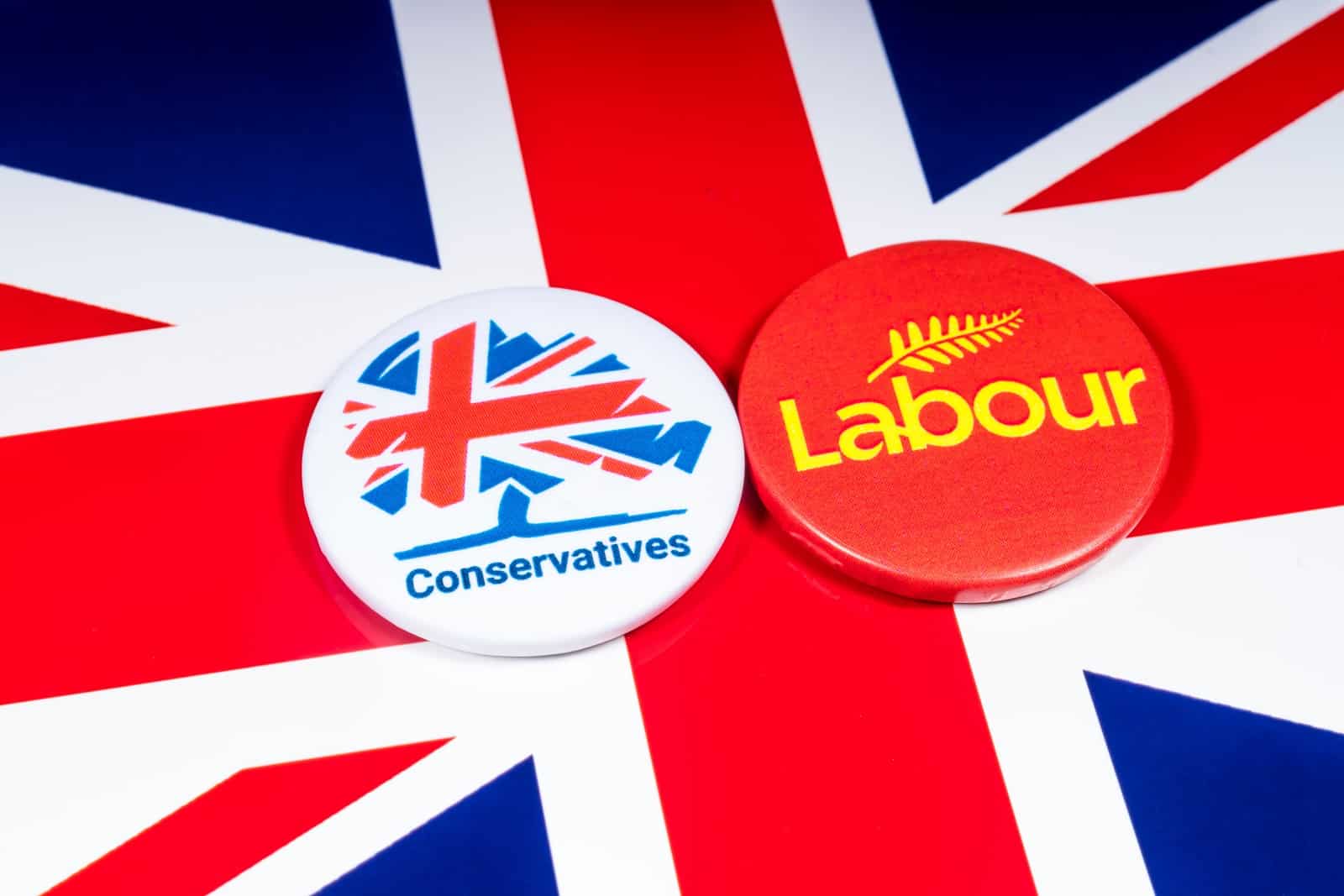
Labour has preferred only two debates during the campaign, contrasting with the Conservatives’ push for six weekly debates.
“He Doesn’t Have a Plan”
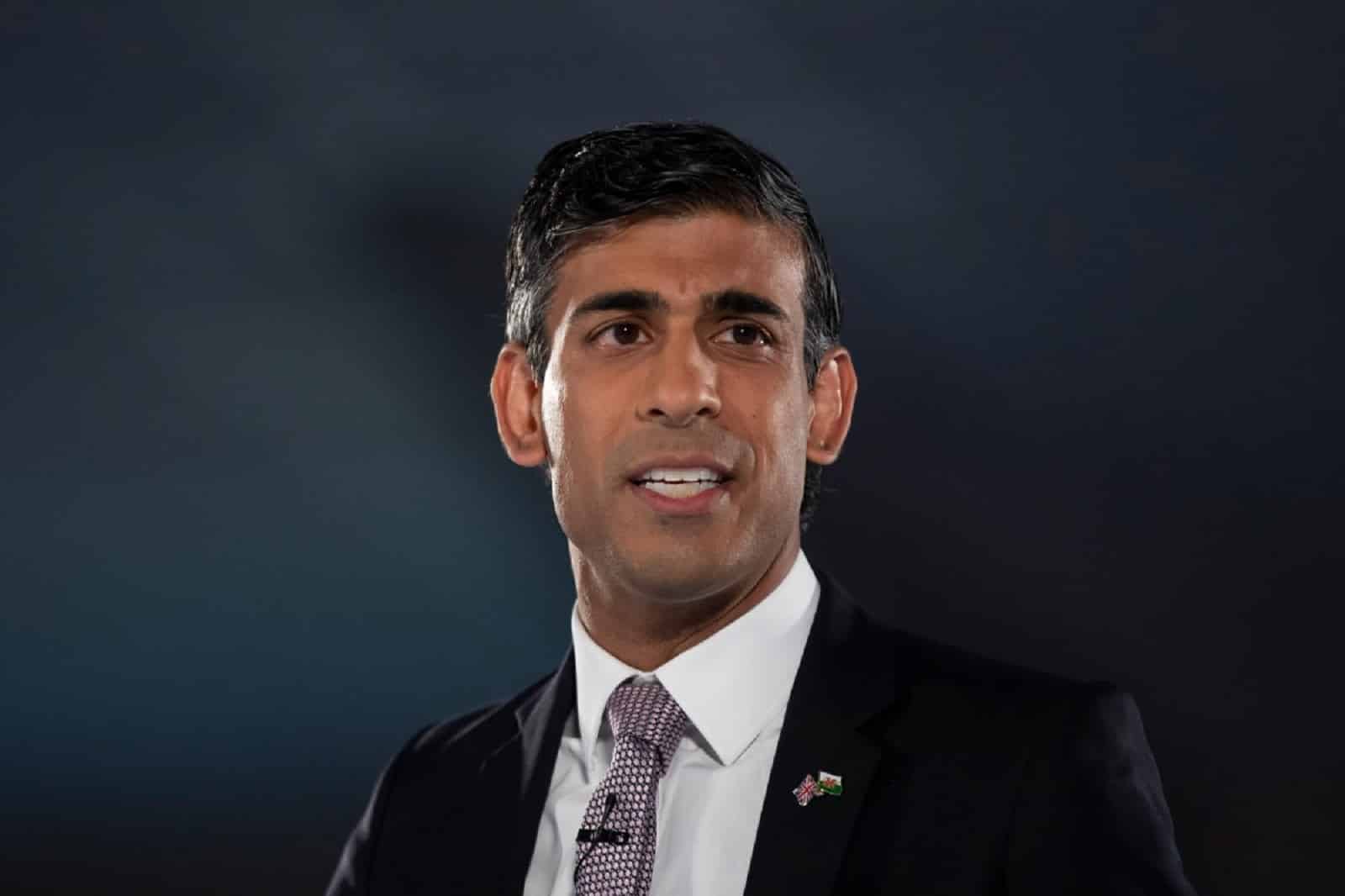
In an article in the Telegraph, Sunak accused Starmer of avoiding more extensive debates, writing, “I want to debate these issues with Sir Keir Starmer. But he doesn’t want to because he doesn’t have a plan and doesn’t have the courage to say what he wants to do.”
“Sounding a Bit Desperate Now”
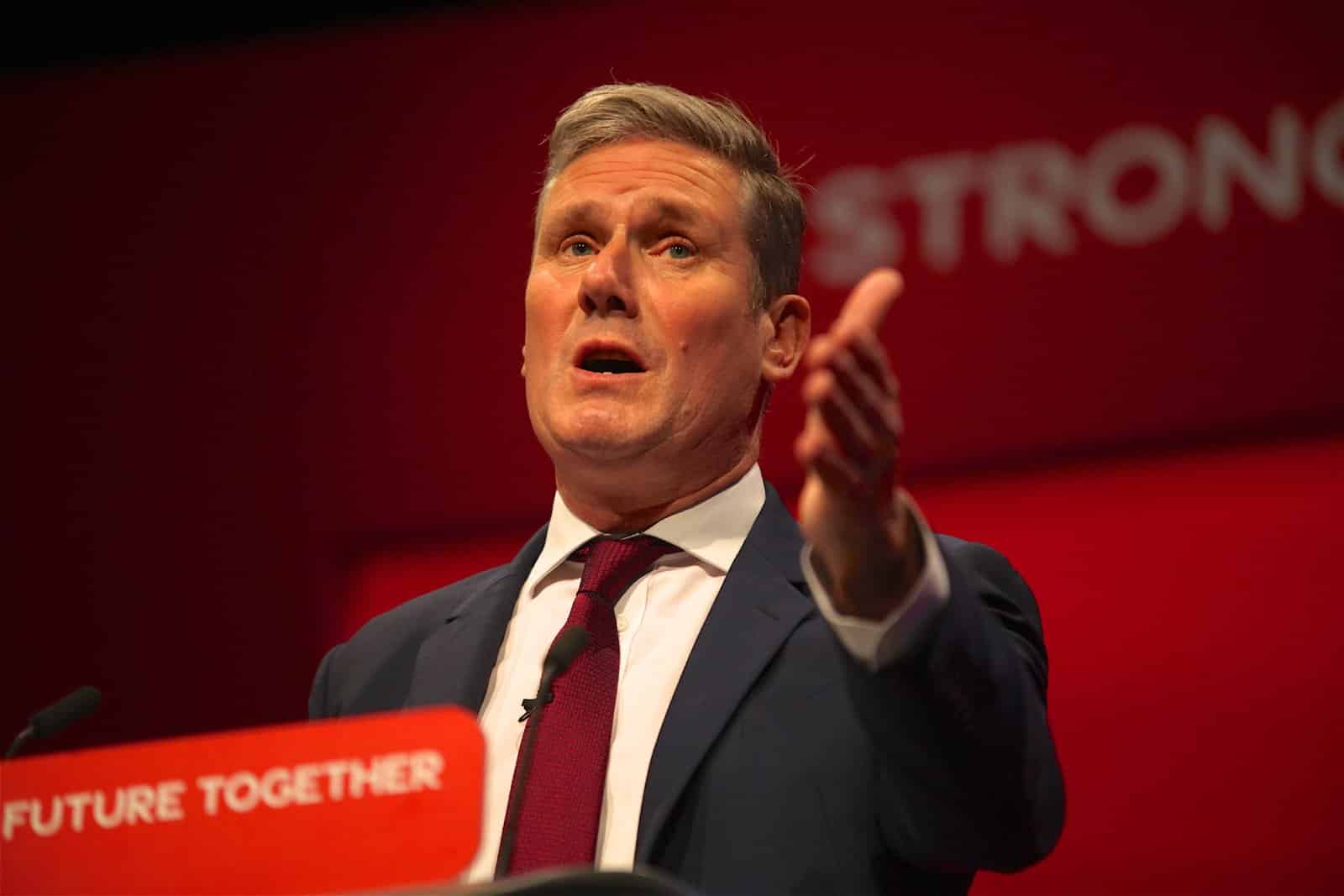
Starmer replied to Sunak’s comments, stating, “Of course, there are going to be debates, but he is sounding a bit desperate now.”
“I Could Do 100 Debates”
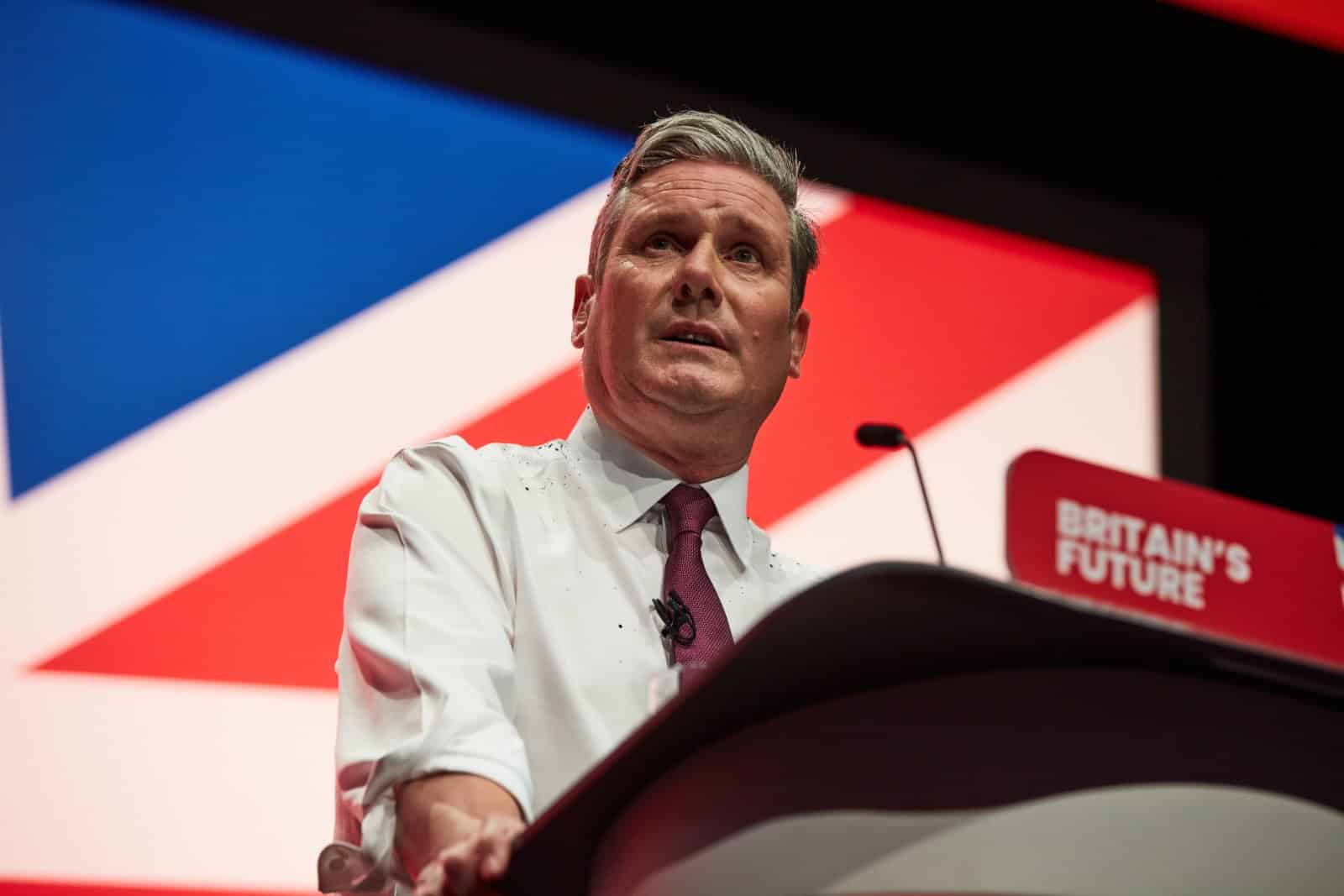
He continued, “I could do 100 debates with Rishi Sunak but I know what he’s going to say, he’s going to say everything is fine, the cost of living crisis is over, the health service hasn’t got any problems.”
Only the Leaders

ITV has confirmed plans for a debate featuring only the leaders of the Labour and Conservative parties.
Streamlined Debates

This format, which was reportedly influenced by Labour’s desire for only two debates, featuring only Sunak and Starmer, while the party is so comfortably ahead in the polls, is an attempt by broadcasters to streamline the debates.
More Complex
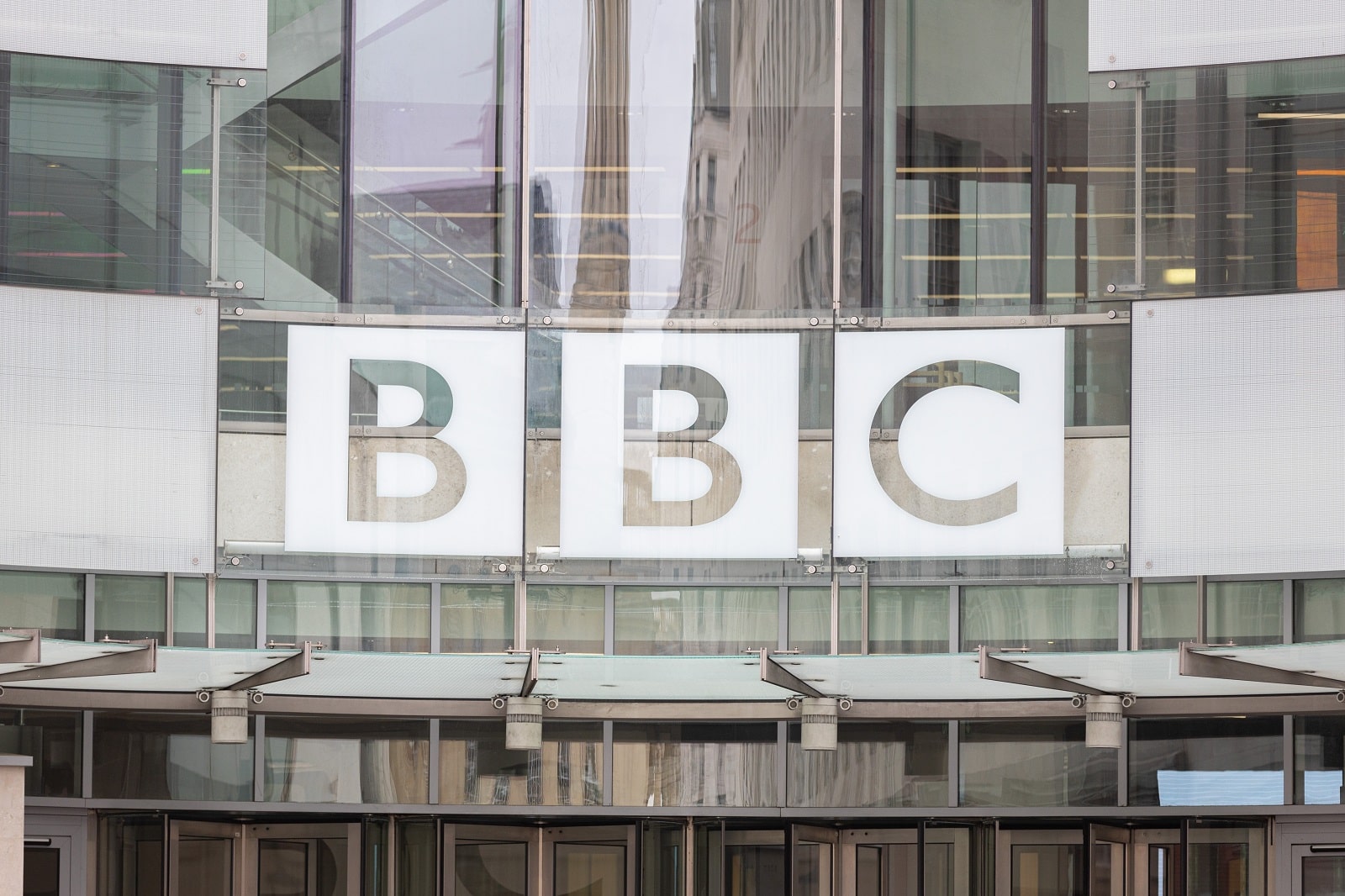
The BBC is expected to follow suit, though the public broadcaster faces more complexity due to its obligation to impartiality.
Question Time
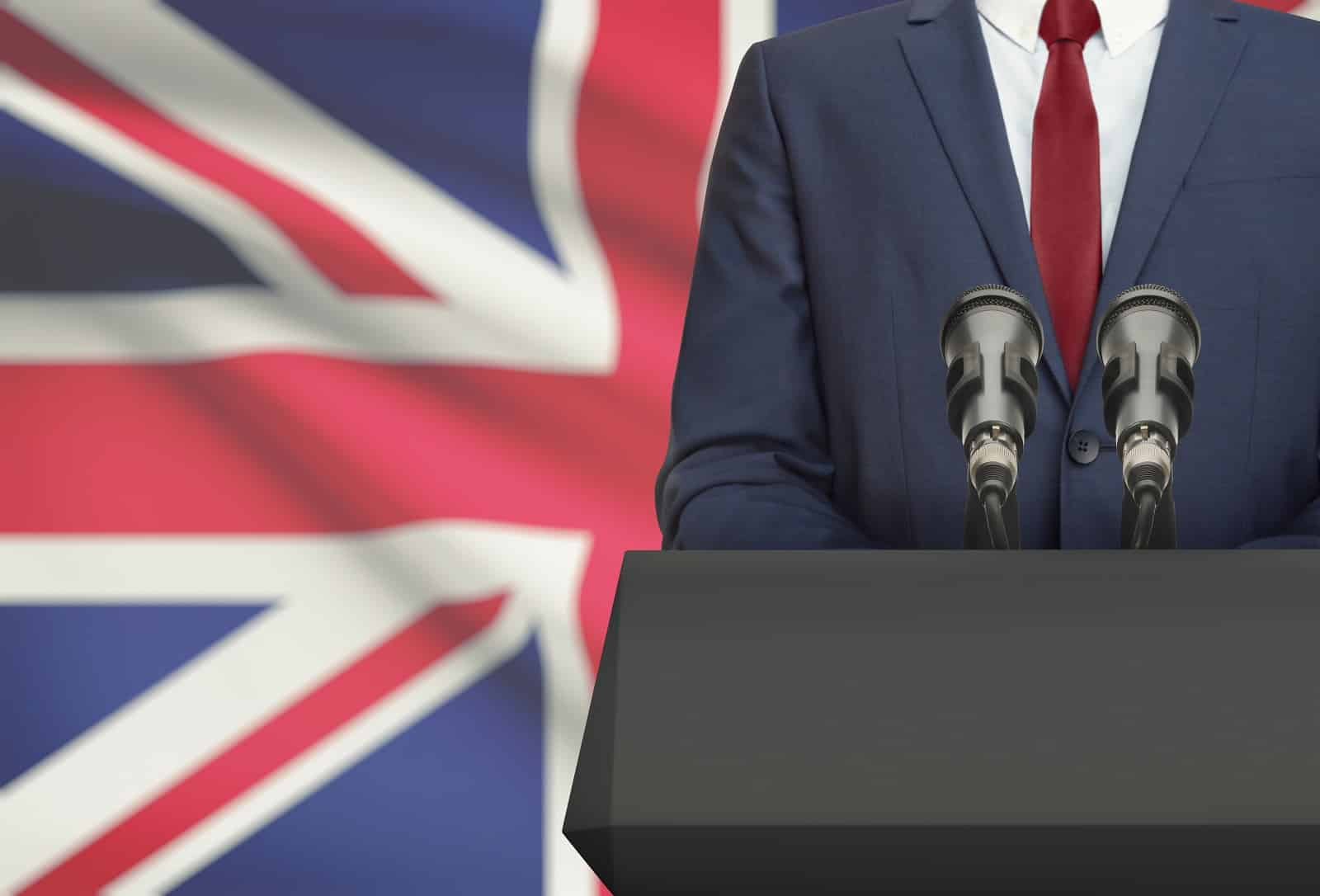
One proposed solution is to give smaller party leaders airtime on programs like “Question Time,” replicating the approach from previous elections.
Up to Seven Parties

Additionally, there might be a more inclusive debate involving up to seven parties, though historically, such debates have struggled to get party leaders, instead settling for deputy leaders or other Ministers or shadow Ministers.
Not Legally Required
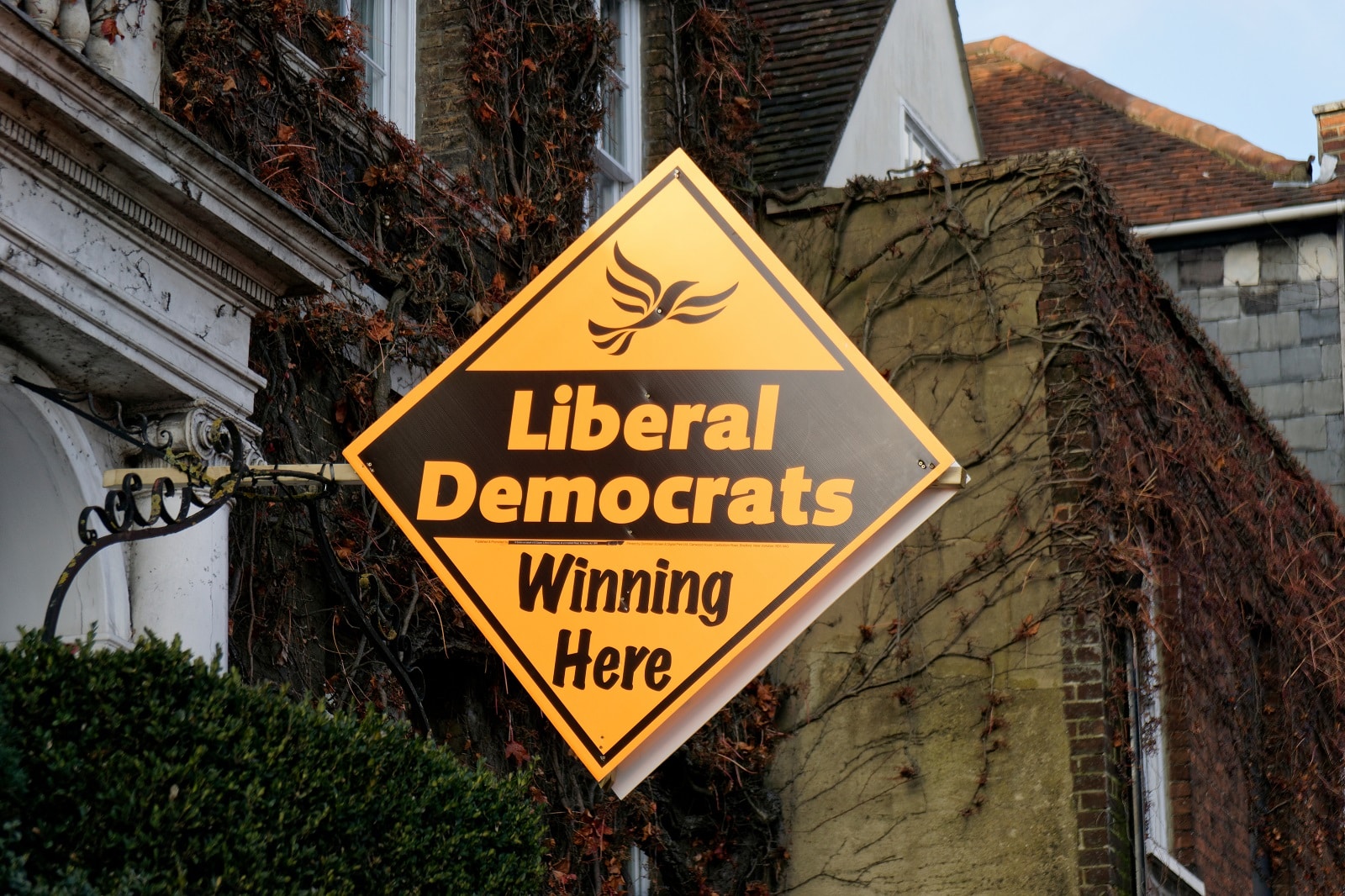
Broadcasters are bullish regarding excluding smaller parties from the primary debates, following a court ruling during the 2019 election which stated that ITV was not legally required to include the Liberal Democrats or the SNP in its debate lineup.
Editorial Discretion
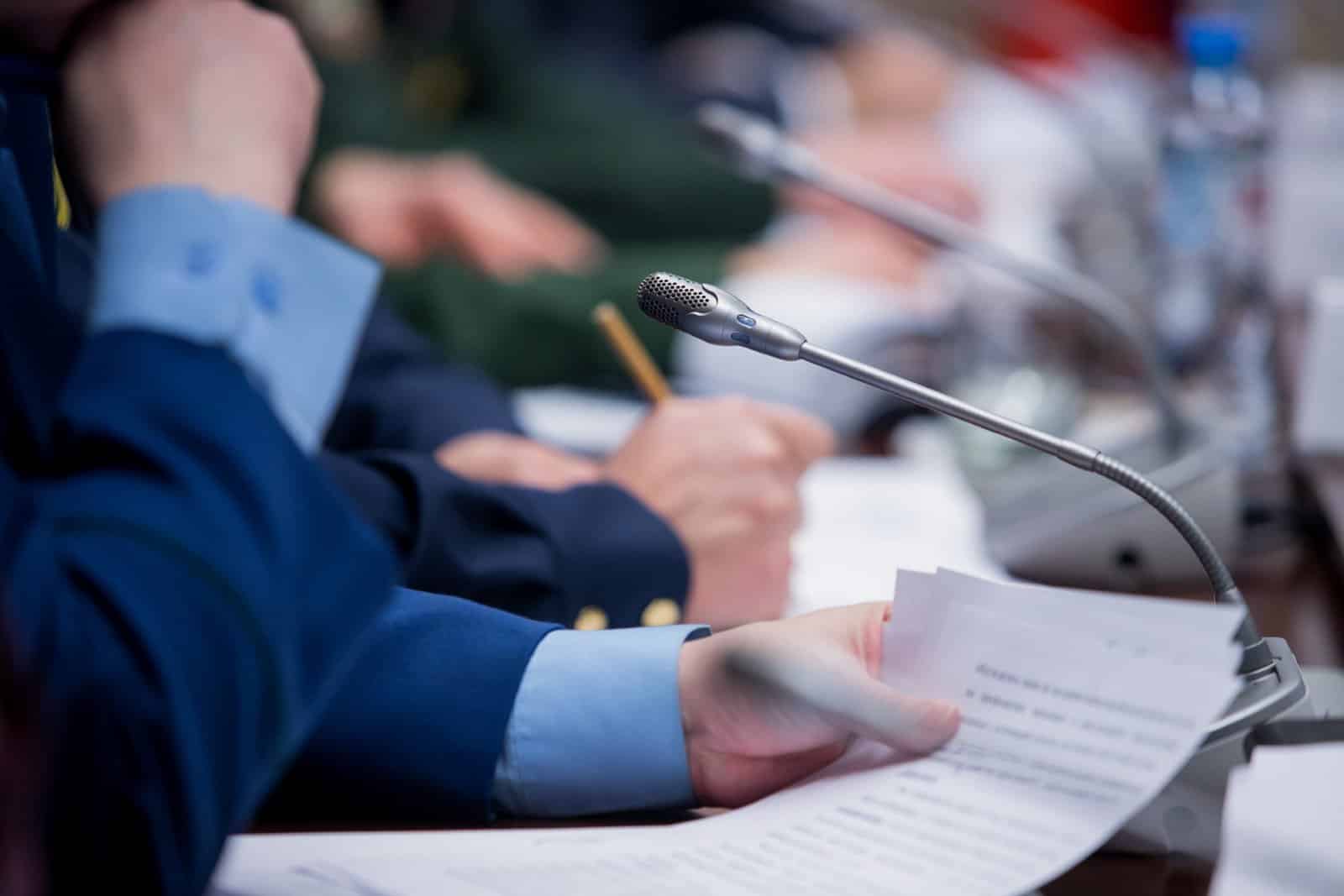
The ruling highlighted that the format of election debate programs falls under editorial discretion, and media regulator Ofcom’s guidelines for due impartiality can be met through alternative programming.
Voicing Concerns

Despite the court ruling, smaller parties, including the Liberal Democrats, Greens, and SNP, are voicing concerns over their exclusion from these crucial debates.
“The Most Democratic Thing”

Liberal Democrat leader Sir Ed Davey argued for including all party leaders, stating it would be “the most democratic thing” to do.
Debates Began in 2010

Televised leaders’ debates in the UK have evolved since their inception in 2010, which featured leaders from the Conservatives, Labour, and Liberal Democrats.
May’s Regret
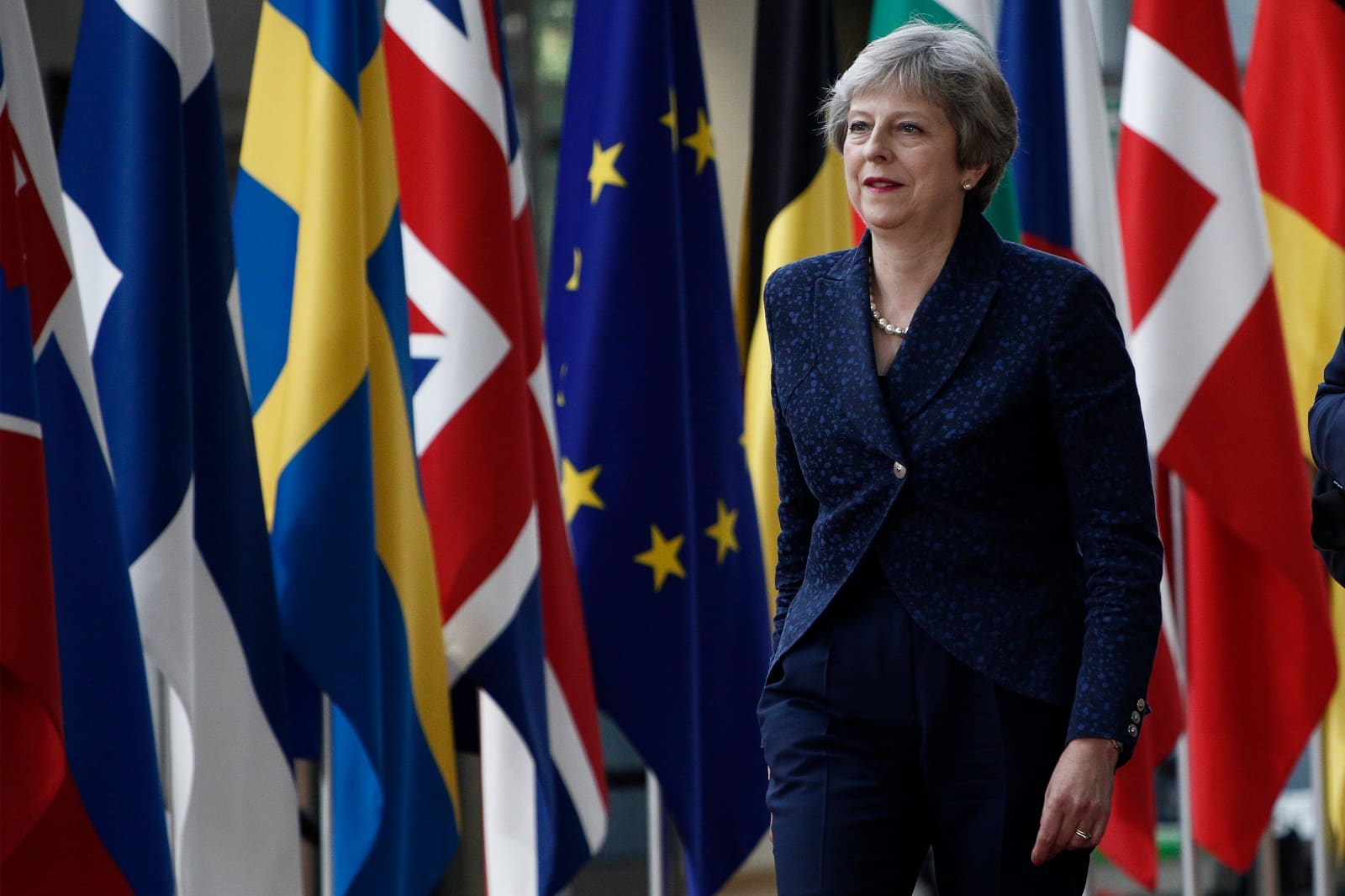
The debates have since become a staple of election campaigns, with former Prime Minister Theresa May later regretting her decision to skip the 2017 debates.
“I Should Have Done the TV Debates”
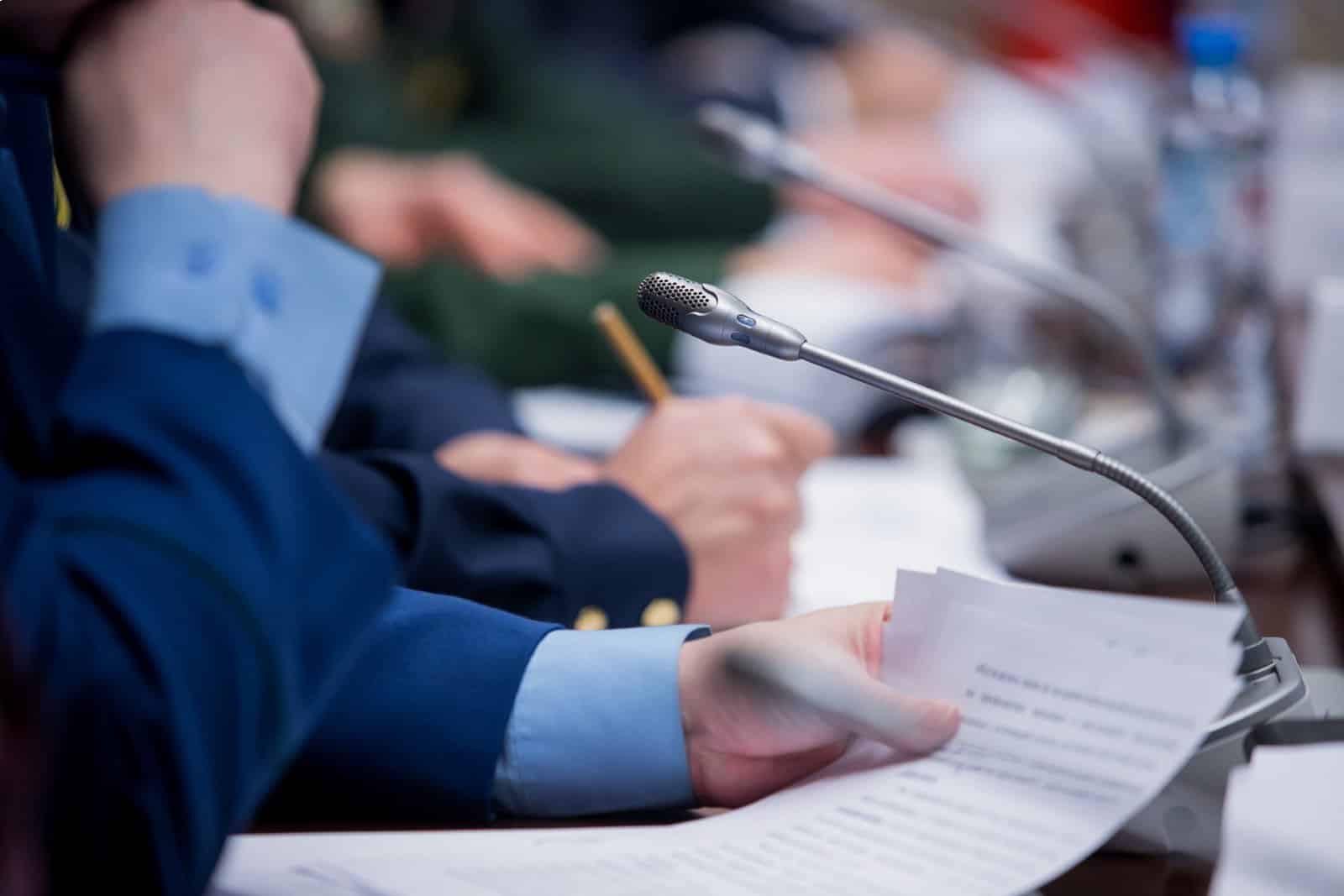
She said of the decision, “I should have done the TV debates. I didn’t because I had seen them suck the life blood out of David Cameron’s campaign.”
Soaring Popularity
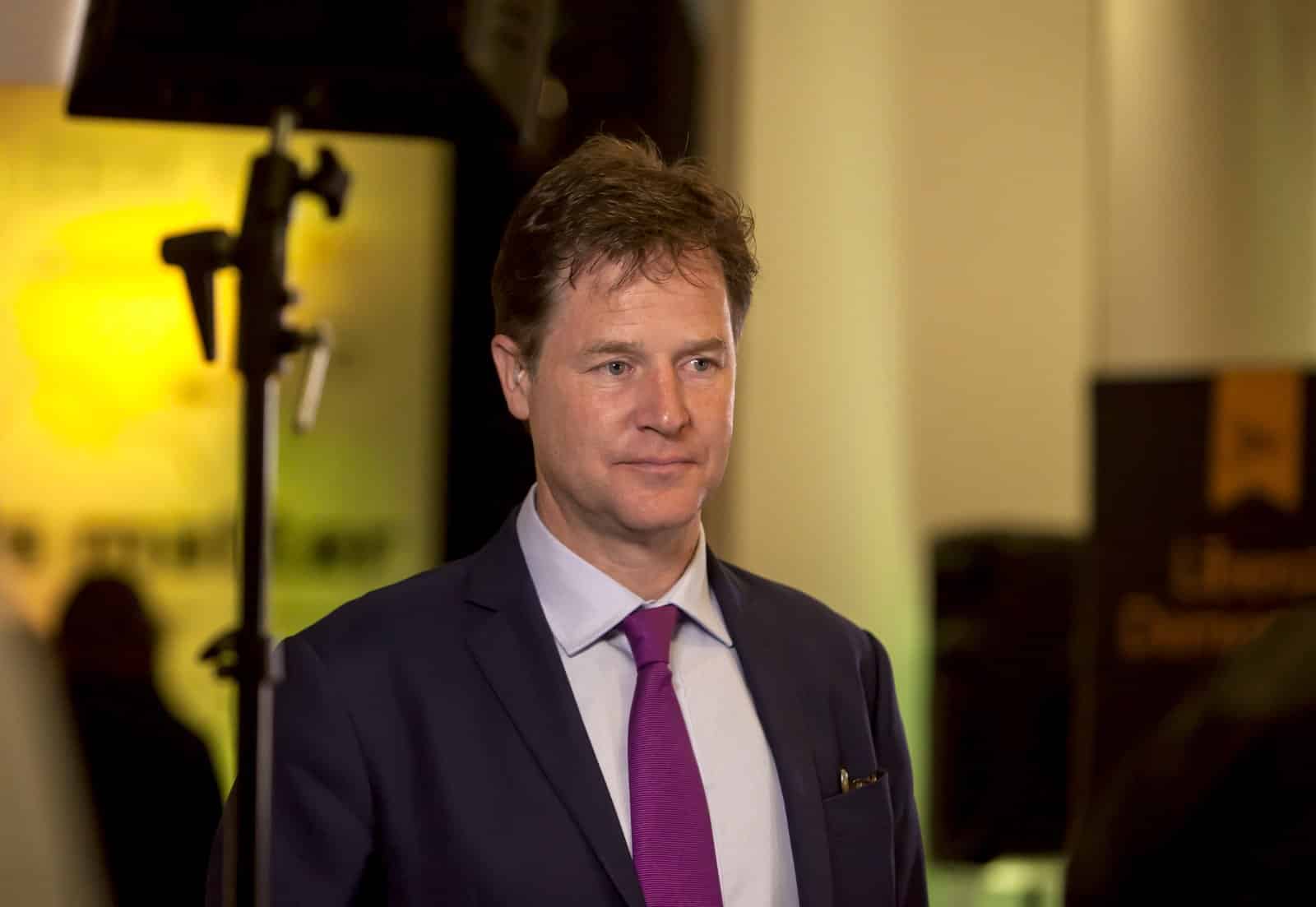
The 2010 TV debate, the first of its kind in the UK, led to Nick Clegg’s soaring popularity. This Liberal Democrat leader ultimately denied David Cameron, the leader of the Conservatives, a majority.
Must See Debates
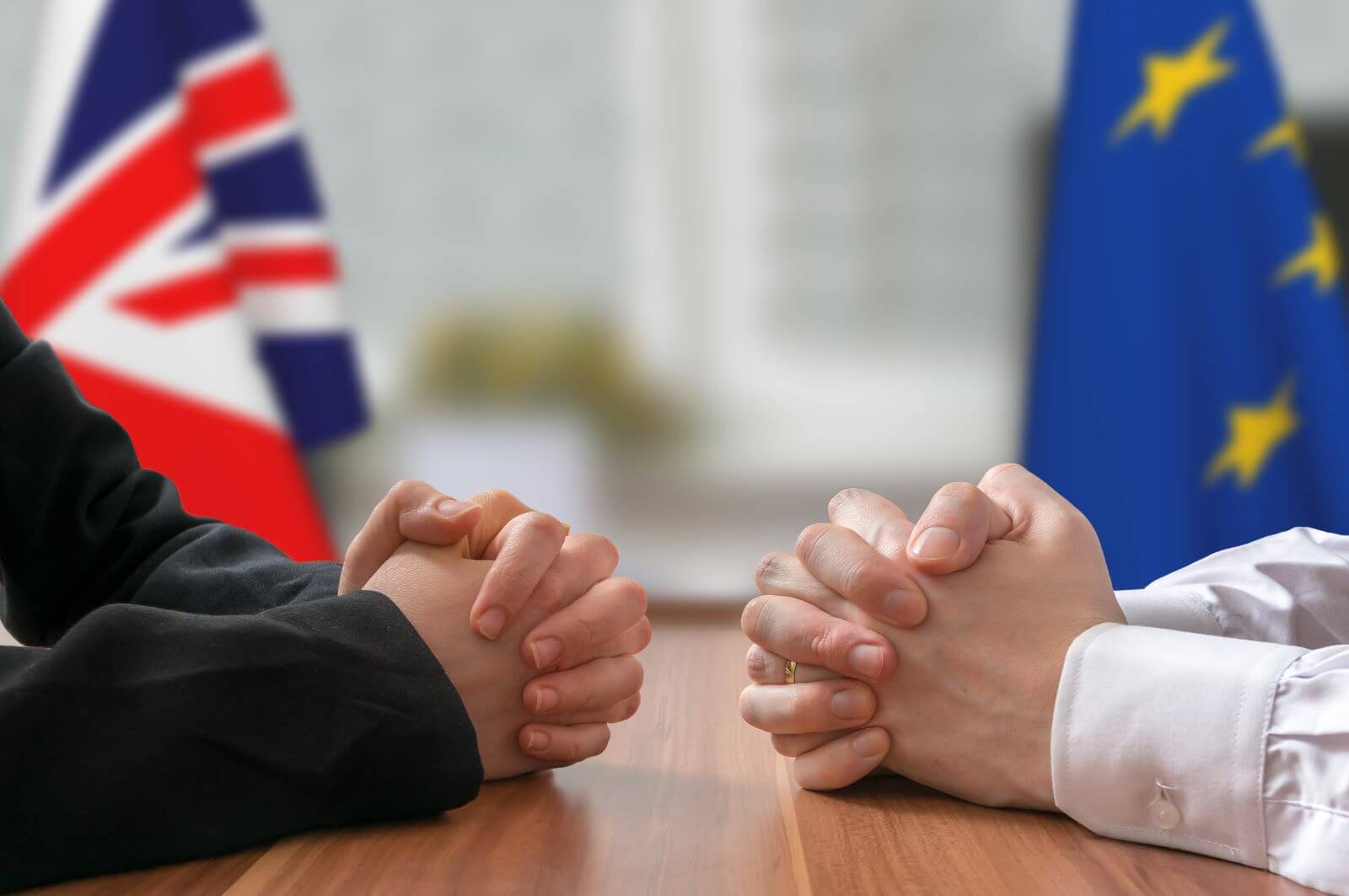
With the debates now a must-see for politics lovers and a chance for the country to hear the leaders of the main parties set out their agenda, it has become common for the party trailing in polls to push for more debates, as seen with the current Conservative push for six debates, which they hope will help with their dire poll numbers.
Less Than Democratic Situation
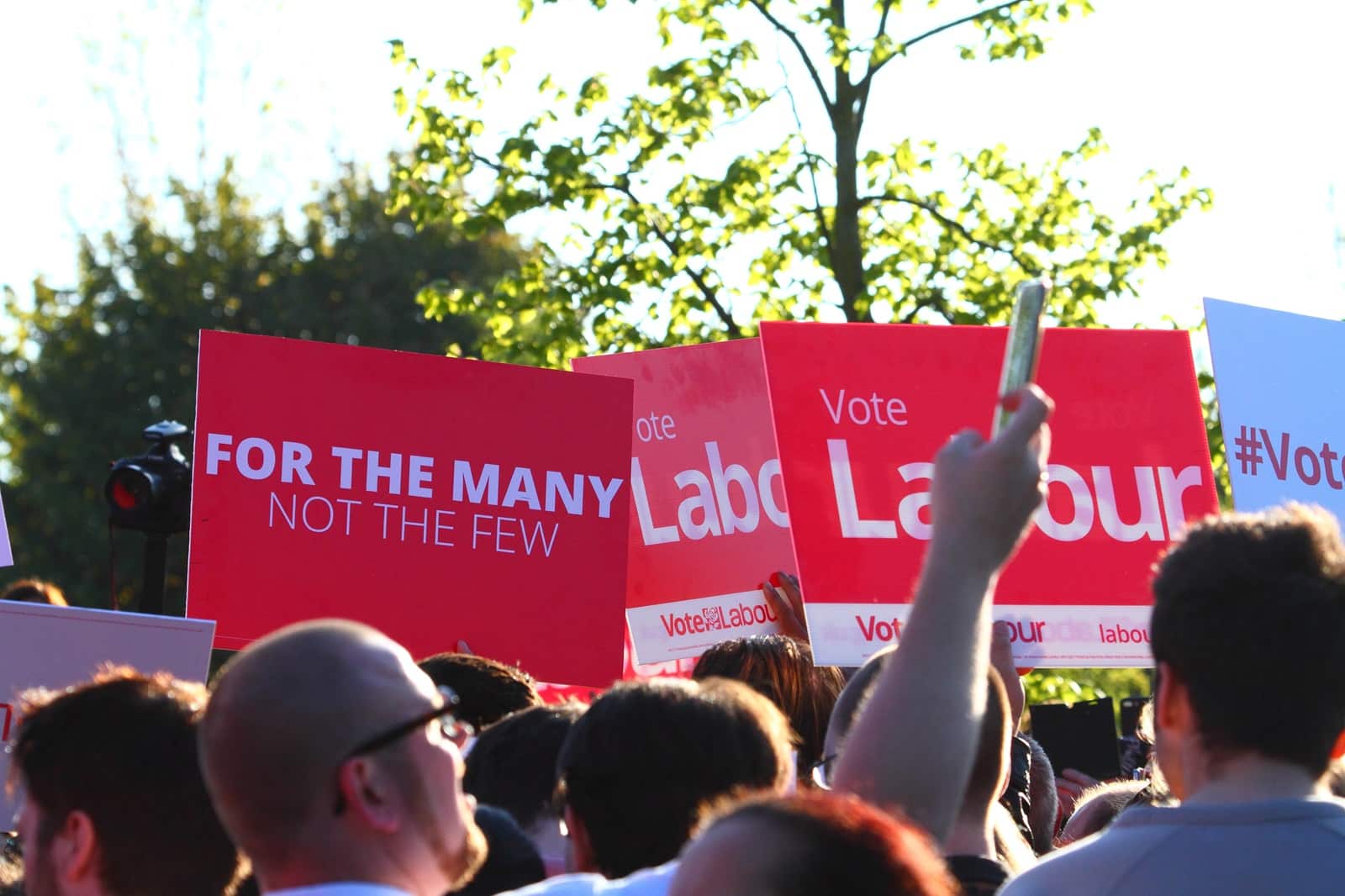
As the UK heads towards the next general election, the debate format remains a contentious issue. The absence of an independent body to regulate and structure these debates leaves the process subject to the less-than-democratic situation the country now finds itself in, with negotiations between parties and broadcasters.
Head to Head
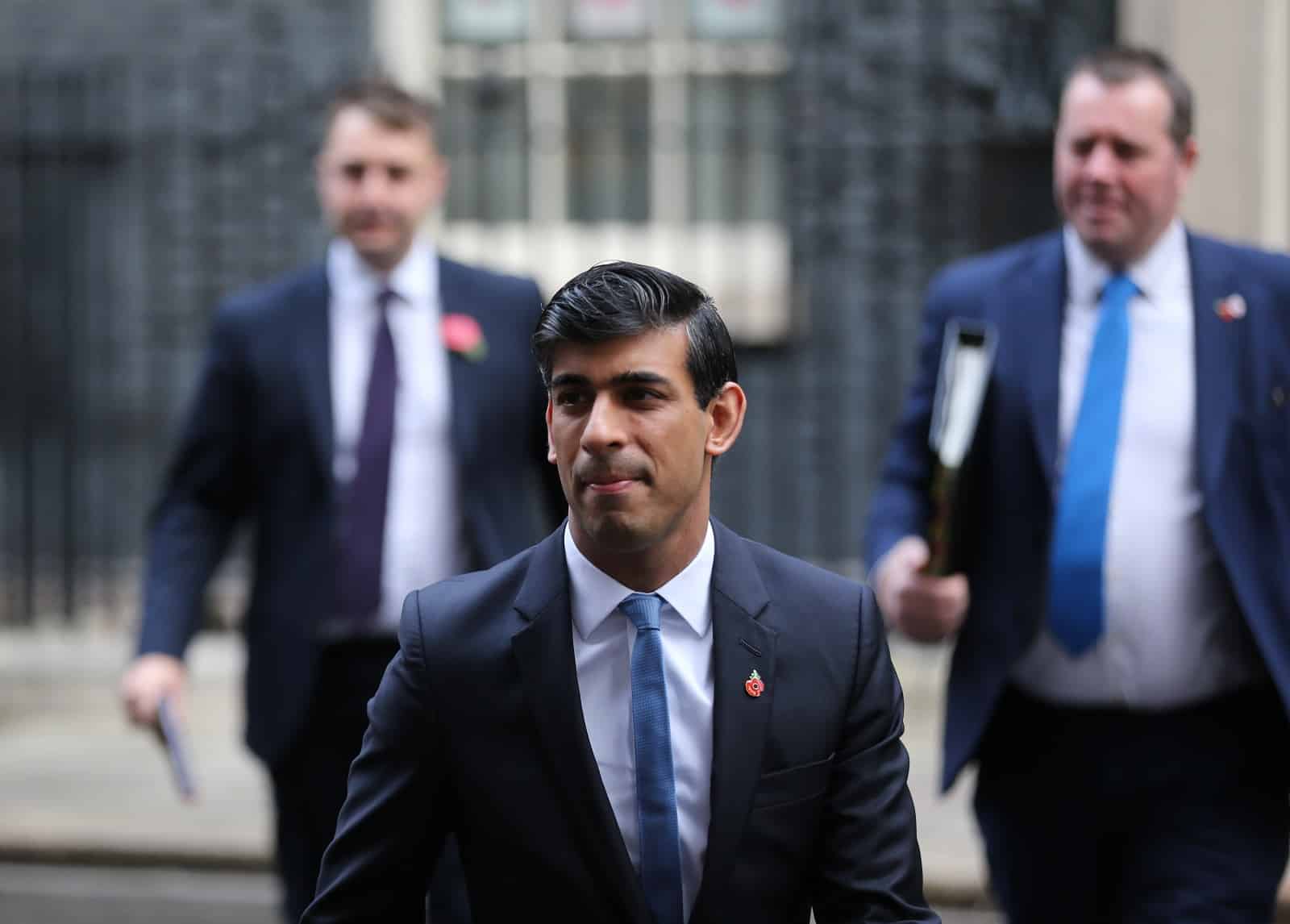
However, head-to-head debates between Starmer and Sunak underscore the effective bipartisan system of UK politics, which is governed by the first-past-the-post voting system.
Uncertain Result
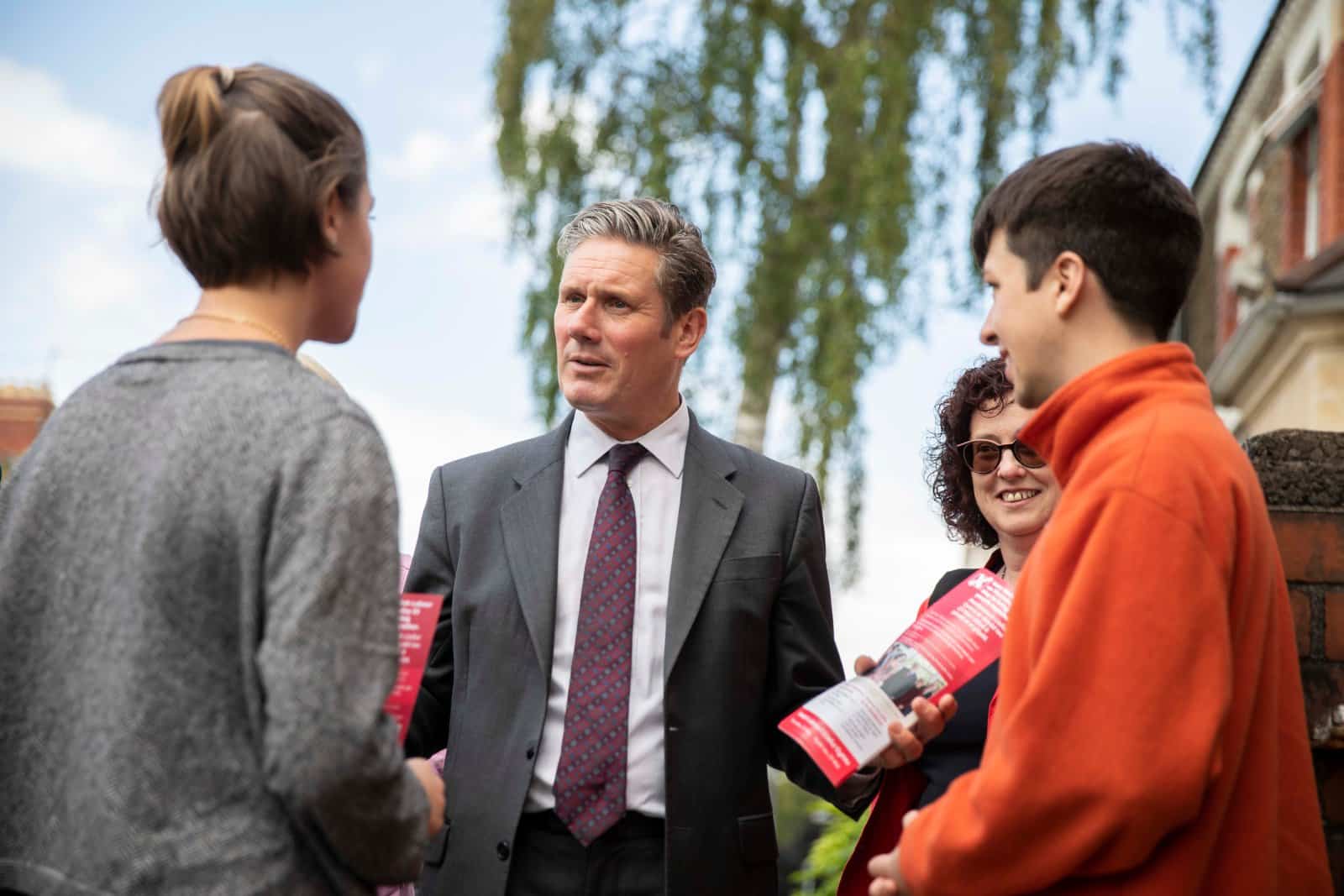
Ultimately, though the smaller parties may not like it, either Sunak or Starmer will be Prime Minister. However, which one gets the top job remains to be seen.
The post Labour vs. Tories: Starmer and Sunak to Clash in High-Stakes TV Debates first appeared on Swift Feed.
Featured Image Credit: Shutterstock / I T S.

